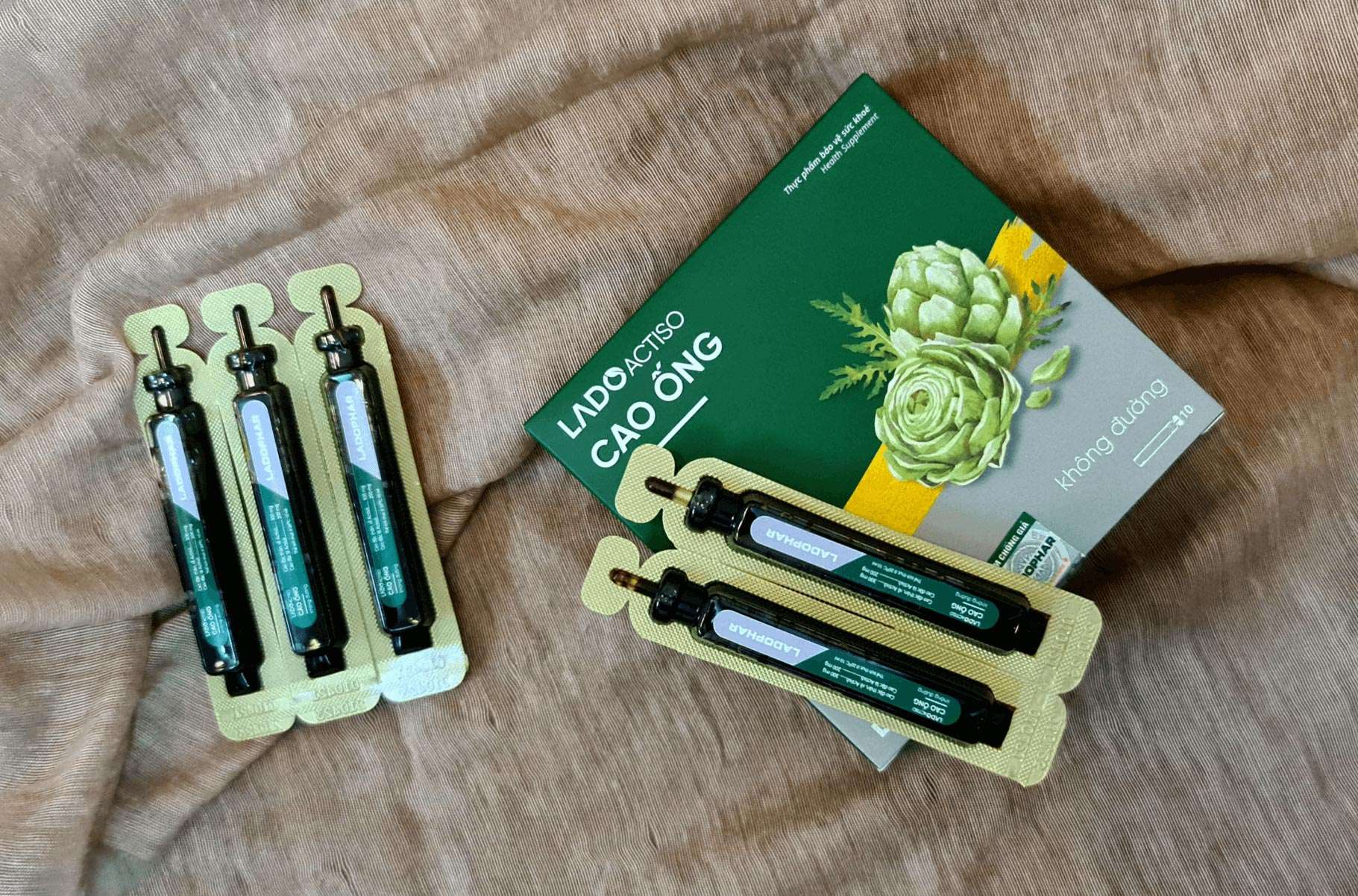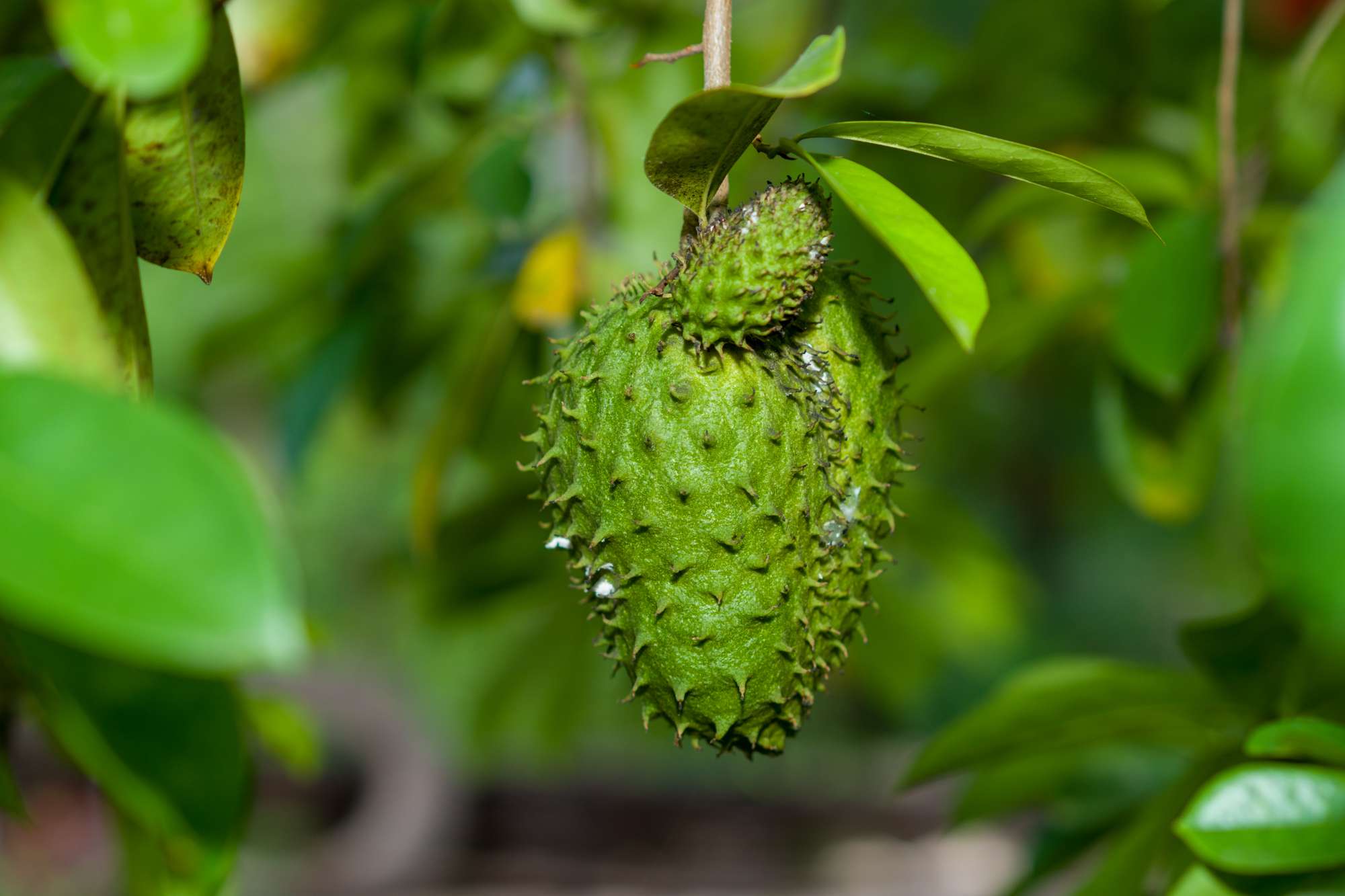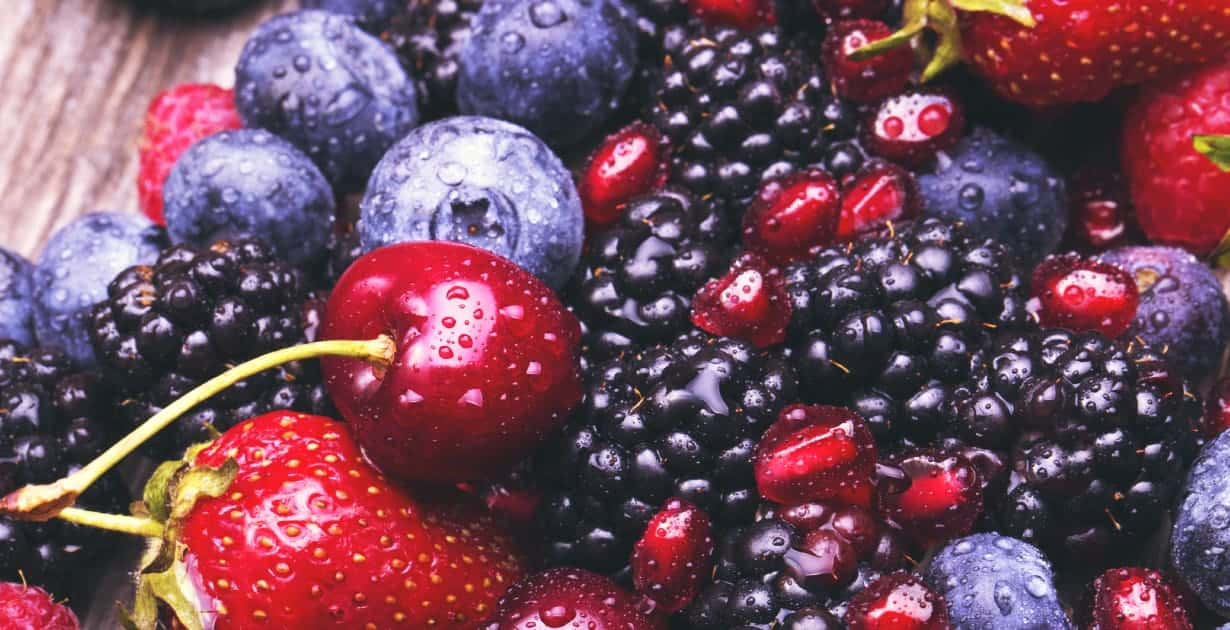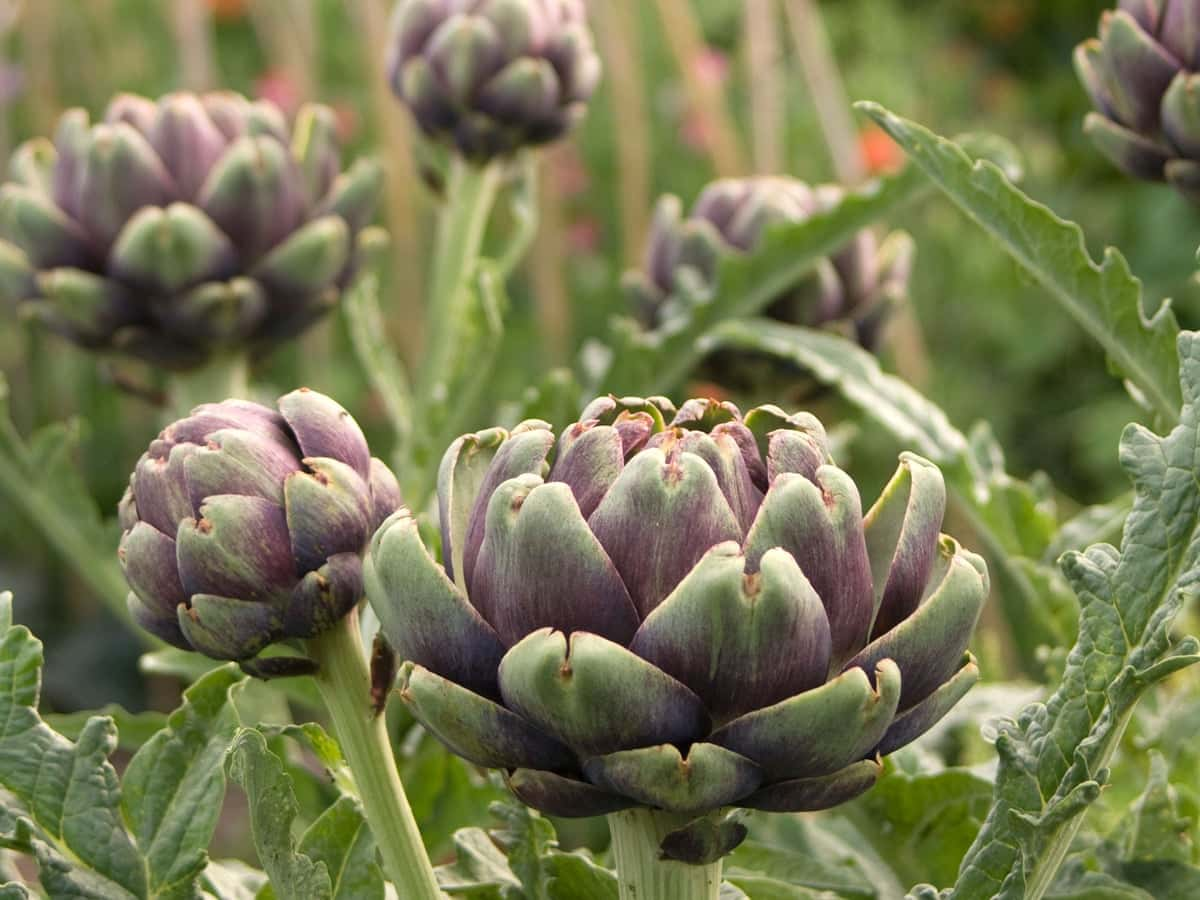Curry leaves and its bioactive compounds which benefit to health
Curry leaves and its bioactive compounds which benefit to health
Curry leaves are a popular herb used in Indian cuisine, famous for their unique flavor and aroma. This leaf contents antioxidants like flavonoids, phenols and plant sterols that gives them powerful anti-inflammatory and anti-cancer properties, which makes curry leaves an excellent addition to your healthy diet.
Murraya koenigii (M. koenigii), Micromelum minutum (M. minutum), and Clausena indica (C. indica) are three varieties of curry leaves in the family Rutaceae. They have been widely used in Ayurvedic medicine worldwide in the treatment and prevention of various diseases. Earlier findings provide strong evidence to support the three curry leaf species' potent pharmaceutical and biological effects, including antioxidant, antidiabetic, anti-inflammatory, and antitumor activities.
Rutaceae, the family of flowering plants, is composed of 160 genera and a few herbaceous perennials. Of the 2070 global species belonging to the family Rutaceae, only a few herbaceous varieties are available in Sri Lanka, including M. koenigii, M. minutum, and C. indica. Of the three, M. koenigii is a fascinating house plant grown in Asia and native to Sri Lanka, Bangladesh, and India, which had used curry leaves or “karapincha” (in Sinhala) for centuries.
- The dark green fresh leaflets of M. koenigii are widely used in Asian cooking mainly for their aroma and versatile medicinal properties. Furthermore, they add subtle flavors to various food preparations, from vegetables to many other dishes as a natural flavor. The health benefits of this leaf be shown in detail below.
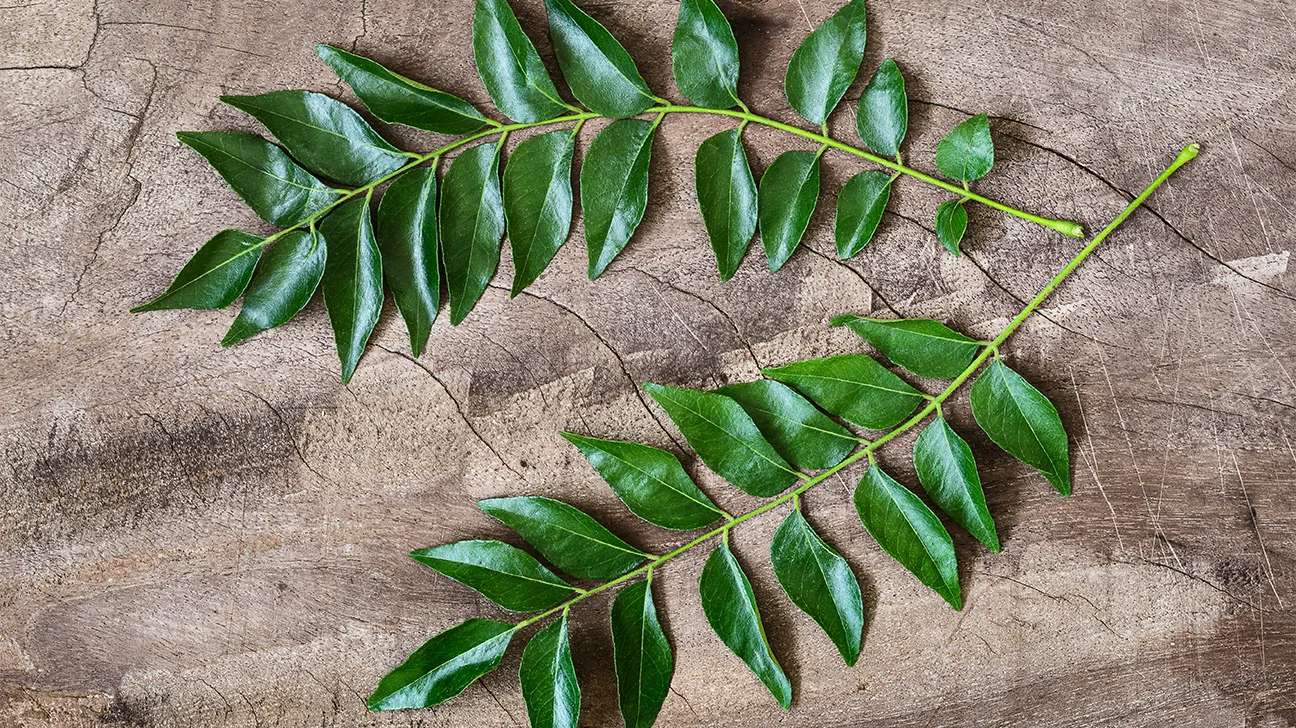
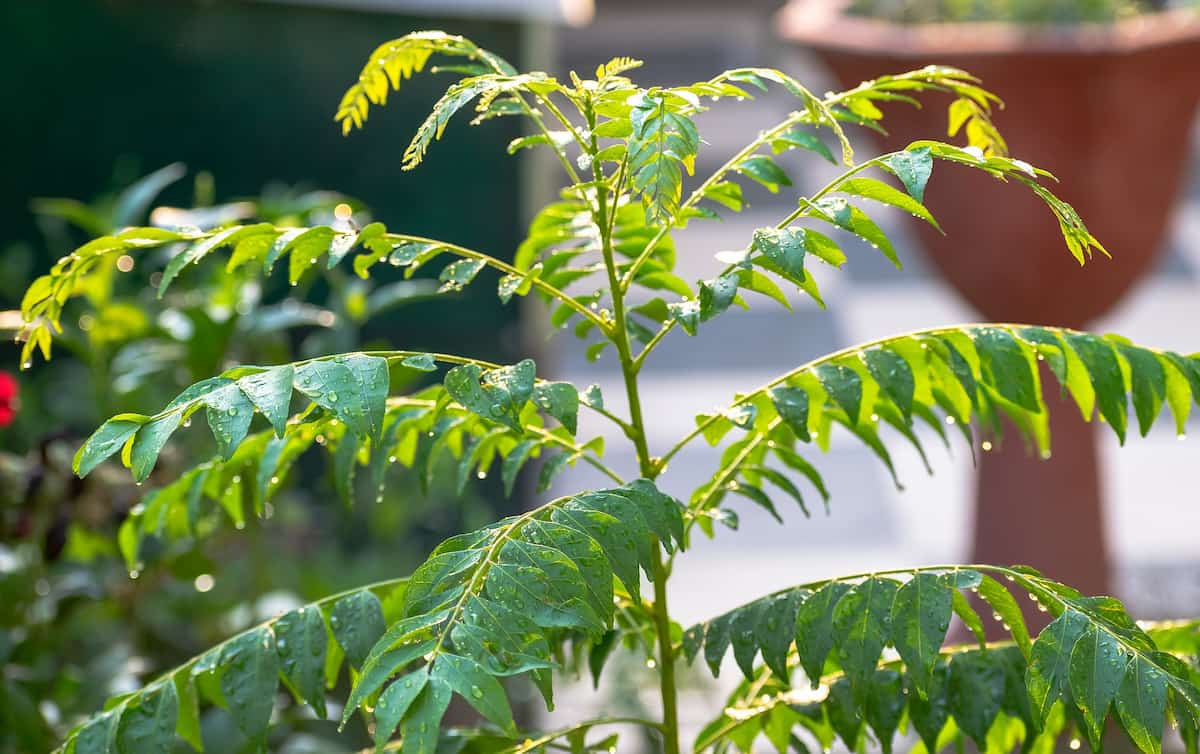
- The leaves of M. minutum are used traditionally to treat toothache and teething issues in babies, skin irritations caused by scabies, and as a remedy for stomachache and headache.
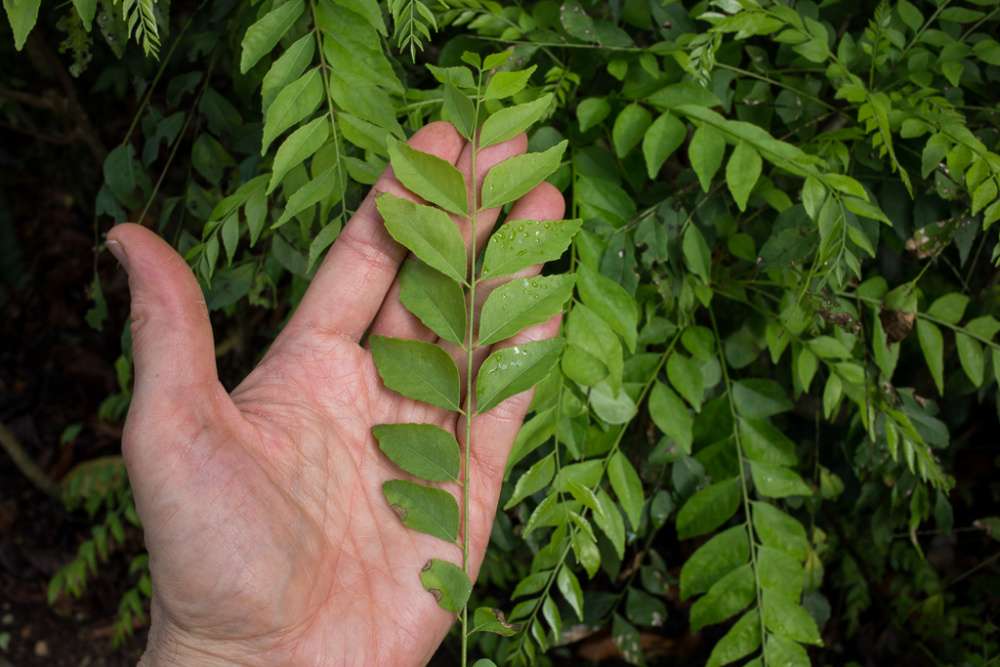
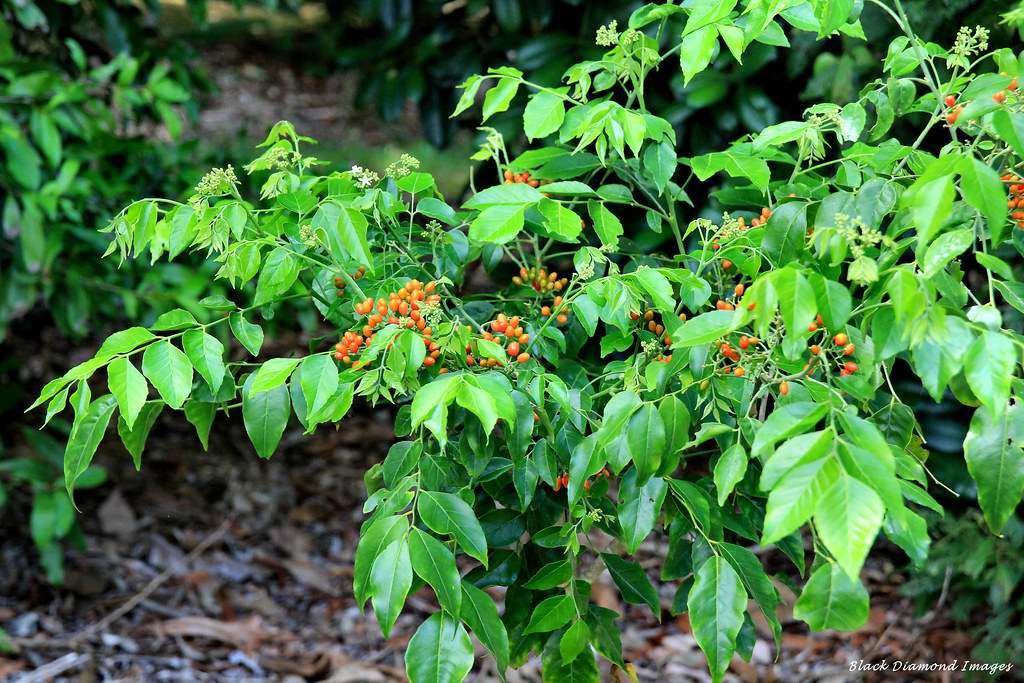
- Leaves and roots of C. indica treat various health issues, such as flu, colds, joint dislocation, bone fractures, headaches, colic, and rheumatism. C. indica is famous as a folk medicine in many Asian countries.
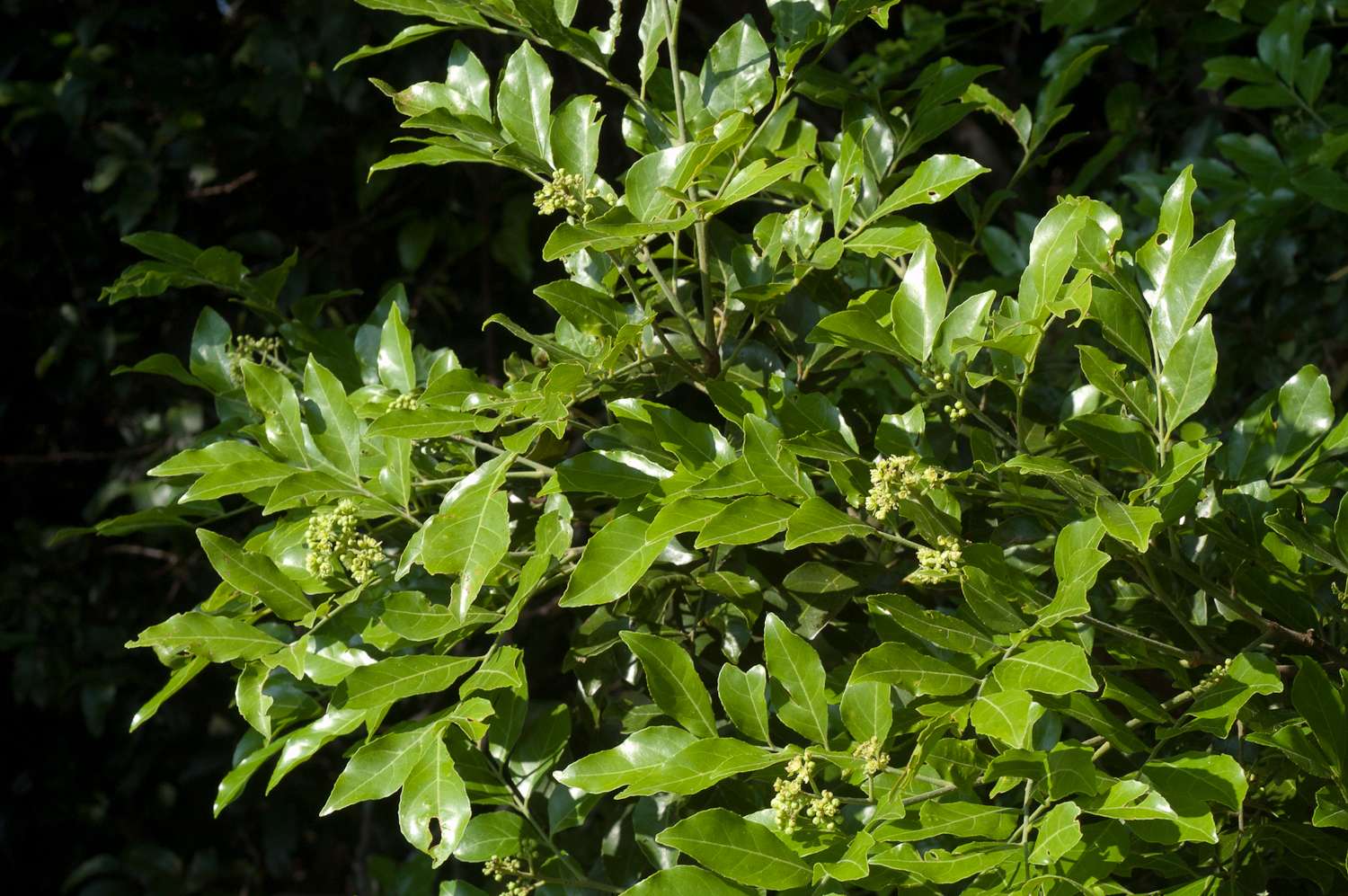
In this article, we will cover the main components of M. koenigii curry leaves and their pharmacological effects against various pathological conditions.
For centuries, this plant has been used in diverse forms and holds a place of pride in Indian Ayurvedic medicine, known as “krishnanimba”. Different parts of M. koenigii, such as its leaves, root, bark, and fruit, are known to promote various biological activities.
M. koenigii leaves are slightly bitter in taste, pungent smell has a unique flavor with citrus notes, and weakly acidic. Aromatic bioactive constituents in the leaves of M. koenigii retain their flavor and other qualities, even after drying. M. koenigii leaves are considered a spice commonly used in Indian dishes.
NUTRITIONAL VALUE OF CURRY LEAVES
Curry leaves are rich in nutrients, vitamins, and minerals such as Vitamin A, B, C, and E, calcium, iron, and phosphorus. The presence of antioxidants like flavonoids, phenols, and plant sterols gives them potent anti-inflammatory and anti-cancer properties, making them a vital part of our diet.
THE IDEAL DOSAGE OF CURRY LEAVES
The ideal dosage of curry leaves is around 8-10 leaves per day. They can be consumed raw or cooked and can be added to soups, stews, and curries.
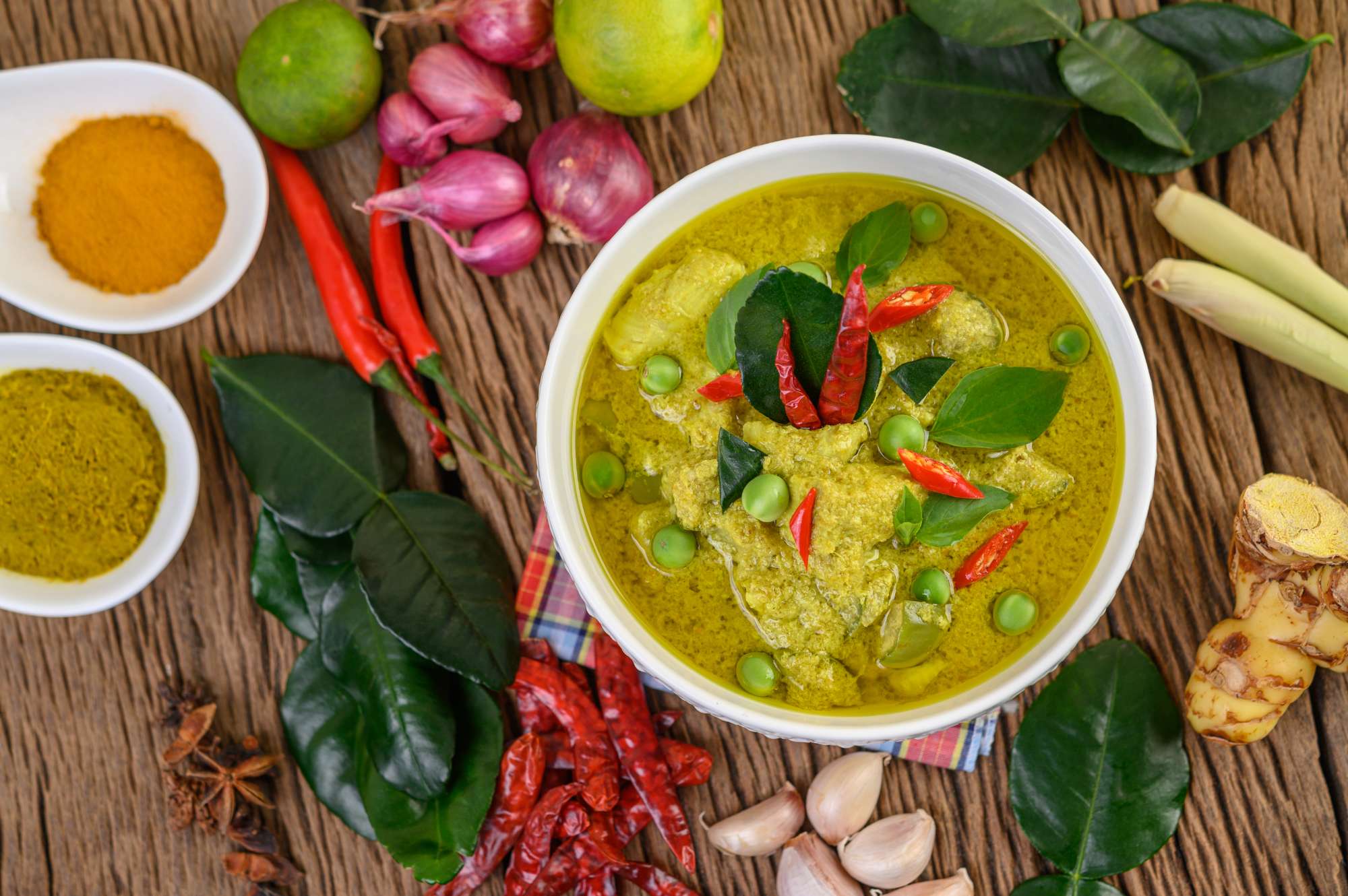
HEALTH BENEFITS OF CURRY LEAVES
1. Powerful antioxidant
Curry leaves are rich in protective plant substances, such as alkaloids, glycosides, and phenolic compounds, that give many health benefits.
The antioxidants present in curry leaves help protect our cells from damage caused by free radicals, which are known to increase the risk of chronic diseases such as cancer, diabetes, and heart disease.
Research has shown that curry leaves contain many compounds, including linalool, alpha-terpinene, myrcene, mahanimbine, caryophyllene, murrayanol, and alpha-pinene. Many of these compounds function as antioxidants in your body. Antioxidants play an essential role in keeping your body healthy and free from disease. They scavenge potentially harmful compounds known as free radicals and suppress oxidative stress, a condition that’s associated with chronic disease development.
Curry leaf extract has been shown to provide potent antioxidant effects in several studies. For example, a study in rats demonstrated that oral treatment with antioxidant-rich curry leaf extract protected against medication-induced stomach damage and reduced markers of oxidative stress, compared with a placebo group.
Other animal studies have shown that curry leaf extract may help protect against induced oxidative damage of the nervous system, heart, brain, and kidneys. Keep in mind that human research on the antioxidant effects of curry leaves is lacking. Nevertheless, there’s no doubt that curry leaves are packed with plant compounds that may help promote overall health by providing powerful antioxidant protection.
2. Reduces the risk of heart diseases
Curry leaves have been shown to lower blood cholesterol and triglyceride levels, both of which are risk factors for heart disease. Additionally, their antioxidant properties can help prevent the oxidation of cholesterol, which can lead to the formation of plaques in arteries.
A 2 week study in rats with high-fat-diet-induced obesity showed that oral treatment with 136 mg of curry leaf extract per pound (300 mg per kg) of body weight per day significantly lowered cholesterol and triglyceride levels. These results were correlated with the high amount of an alkaloid called mahanimbine in the leaves.
In another 12-week study in mice on a high fat diet, mahanimbine prevented diet-induced complications, such as high blood lipids, fat accumulation, inflammation, and oxidative stress - all of which may increase the risk of heart disease.
Other animal studies have also shown that curry leaf extract reduces cholesterol levels. Although these findings are promising, research in humans is lacking. For this reason, more studies are needed to confirm this potential benefit of curry leaves.
3. Neuroprotective properties
Some research has shown that curry leaves may help protect the health of your nervous system, including your brain.
Alzheimer’s disease is a progressive brain disease characterized by loss of neurons and signs of oxidative stress. Studies have demonstrated that curry leaves contain substances that may help protect against neurodegenerative conditions like Alzheimer’s disease. A study in mice found that oral treatment with high doses of curry leaf extract improved levels of brain-protecting antioxidants, including glutathione peroxidase (GPx), glutathione reductase (GRD), and superoxide dismutase (SOD), in brain cells.
The extract also reduced the amount of oxidative damage in brain cells, as well as enzymes associated with Alzheimer’s disease progression. Another study showed that oral treatment with curry leaf extract for 15 days improved memory scores in both young and aged mice with induced dementia. Keep in mind that human research in this area is lacking, and more studies are needed before strong conclusions can be made.
4. Reduce the risk of cancer
Curry leaves contain compounds such as carbazole alkaloids that have been shown to have potent anti-cancer properties. These compounds can help prevent the growth and spread of cancer cells.
A test-tube study involving three curry extract samples from curry leaves grown in different locations in Malaysia found that they all exhibited powerful anticancer effects and inhibited the growth of an aggressive type of breast cancer.
Another test-tube study found that curry leaf extract altered the growth of two types of breast cancer cells, as well as decreased cell viability. The extract also induced breast cancer cell death. Additionally, curry leaf extract has been shown to be toxic to cervical cancer cells in test-tube research.
In one study in mice with breast cancer, oral administration of curry leaf extract reduced tumor growth and inhibited the spread of cancer cells to the lungs.
What’s more, test-tube studies indicate that an alkaloid compound in curry leaves called girinimbine induces colon cancer cell death.
In addition to girinimbine, researchers attribute these powerful anticancer effects to the antioxidants in curry leaves, including quercetin, catechin, rutin, and gallic acid.
While it’s clear that curry leaves contain compounds that have the potential to fight certain cancer cells, research on its effectiveness in humans is needed.
5. Helps deal with stomach ailments
Curry leaves have been traditionally used to treat digestive issues such as diarrhea, constipation, and nausea. The presence of antioxidants and anti-inflammatory compounds helps soothe the stomach and reduce inflammation.
6. Treatment of anemia
The high iron content in curry leaves makes them an excellent dietary addition for people suffering from anemia. Consuming curry leaves can help increase hemoglobin levels in the blood.
7. Excellent for our hair
Curry leaves are rich in nutrients such as Vitamin A, B, and E that promote healthy hair growth. They also contain antioxidants that help reduce hair fall and improve the overall quality of hair.
8. Good for our skin
Curry leaves are rich in antioxidants that help protect the skin from damage caused by free radicals. They can also help improve skin texture and reduce the appearance of fine lines and wrinkles.
9. Effective against morning sickness
Pregnant women can benefit from consuming curry leaves as they have been shown to alleviate nausea and vomiting associated with morning sickness.
10. Helps in weight loss
Curry leaves are low in calories and high in fiber, making them an ideal addition to a weight loss diet. The fiber content helps keep you feeling full for longer, reducing the urge to overeat.
11. Other benefits
In addition to the potential benefits listed above, curry leaves may benefit health in the following ways:
- Blood sugar control
Curry leaves have been shown to improve insulin sensitivity and lower blood sugar levels. They can also help prevent complications associated with diabetes such as nerve damage, kidney damage, and blindness. - Pain-relieving properties
Research in rodents has shown that oral administration of curry extract significantly reduces induced pain. - Anti-inflammatory effects
Curry leaves contain a wide array of anti-inflammatory compounds, and animal research has shown that curry leaf extract can help reduce inflammation-related genes and proteins. - Offers antibacterial properties
A test-tube study found that curry leaf extract inhibited the growth of potentially harmful bacteria, including Corynebacterium tuberculosis and Streptococcus pyogenes.
It should be noted that these benefits have been demonstrated in test-tube or animal research. Future research in humans is needed to substantiate these potential benefits.

EASY TO ADD TO YOUR DIET
Curry leaves have been used since ancient times in traditional Indian cuisine. Their unique taste is often described as carrying subtle notes of citrus with a hint of nuttiness.
The leaves are commonly added to dishes to bring about a robust, rich flavor and popularly used in meat dishes, curries, and other traditional Indian recipes.
They’re sold fresh in some specialty stores but more commonly found in dried form in the spice section of grocery stores.
Curry leaves soften when cooked and are often sautéed in oil or butter before both the fat and cooked leaves are added to dishes.
Curry leaves are a versatile and tasty ingredient that can be used to add interest to a number of dishes. Here are a few ways to use curry leaves in the kitchen:
- Sauté curry leaves in ghee at high heat and then add the ghee and softened curry leaves to any dish of your liking.
- Infuse broths with curry leaves for a fresh flavor.
- Combine fresh or dried curry leaves with other spices, such as red chili, turmeric, and cumin seeds, to make a flavorful seasoning blend.
- Top any savory dish with diced or crumbled dried curry leaves for a pop of flavor.
- Cook curry leaves in hot oil and then use the infused oil as a dip or topping for crusty bread.
- Add curry leaves to chutneys and sauces.
- Toss chopped curry leaves into savory baked good recipes like breads and crackers.
Although the ideas listed above are some common ways to use curry leaves, they’re highly versatile and can be used in many applications, so don’t be afraid to experiment with this flavorful ingredient.

TAKE A NOTE
Incorporating curry leaves into your diet can provide numerous health benefits. However, it’s important to consult with a healthcare professional, such as those at Ayu Health , to ensure that it’s safe and appropriate for your individual needs. They can also provide guidance on the ideal dosage of curry leaves and other natural remedies for optimal health. With Ayu Health comprehensive approach to healthcare, you can achieve your wellness goals and lead a vibrant life.
Compiled and written by Crocus Media
Products
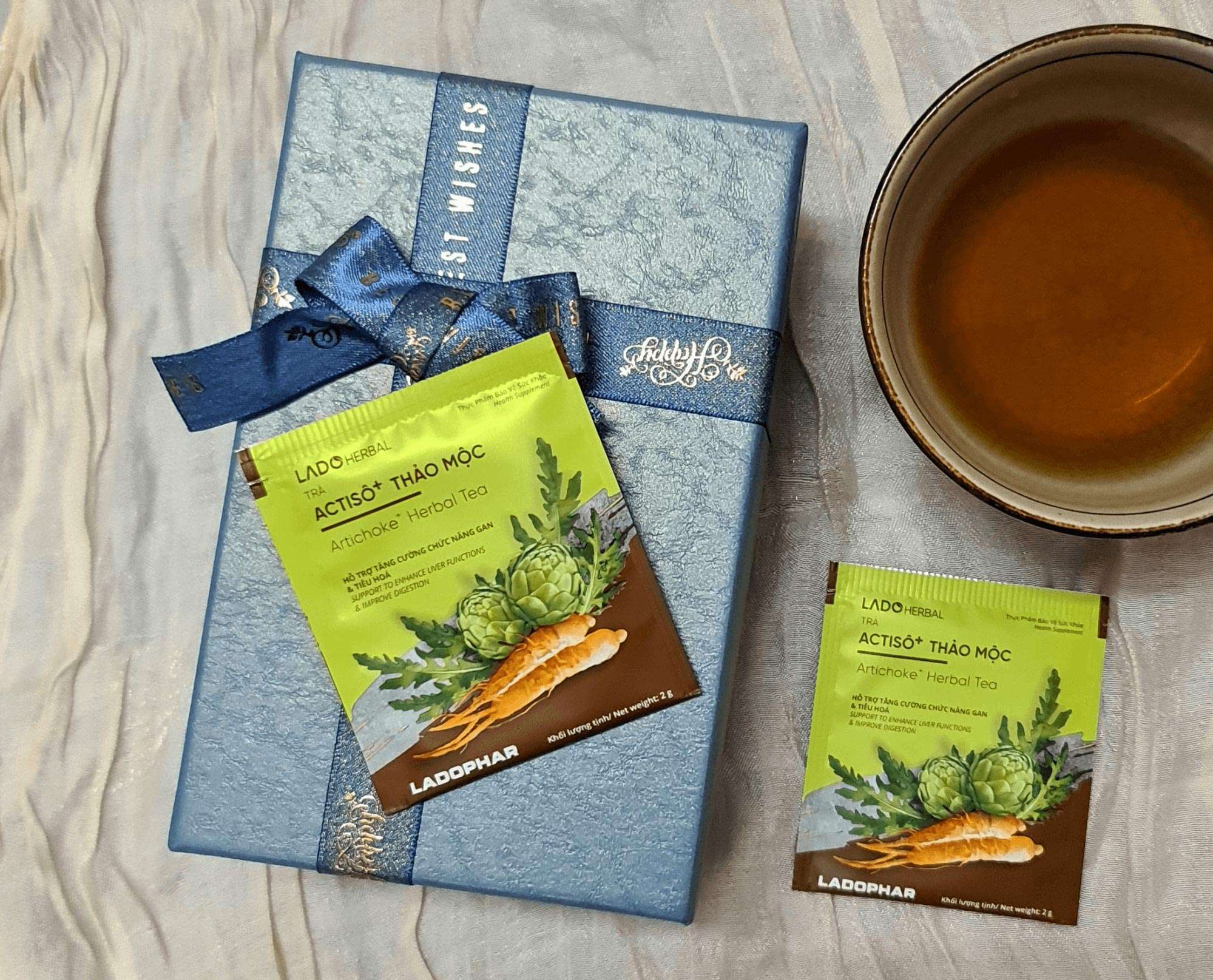
Artichoke Ginseng tea
Artichoke Ginseng tea with simple but urgent benefits, helping to Eat Well and Sleep Well. The benefits are due to the combination of artichokes, liver tonic, Thao Quyet Minh enhances digestion, helps sedation while Party Ginseng nourishes the body, creates red blood cells for blood circulation.

Lado Detox Purebody
Perceived as the breakthrough and comprehensive detox solution, coming from the essence of five precious herbs for health are Artichoke, Phyllanthus urinaria, Lingzhi, Codonopsis javanica and Curcumin help to effectively eliminate toxins and at the same time nurtures body healthy remain youthful.
